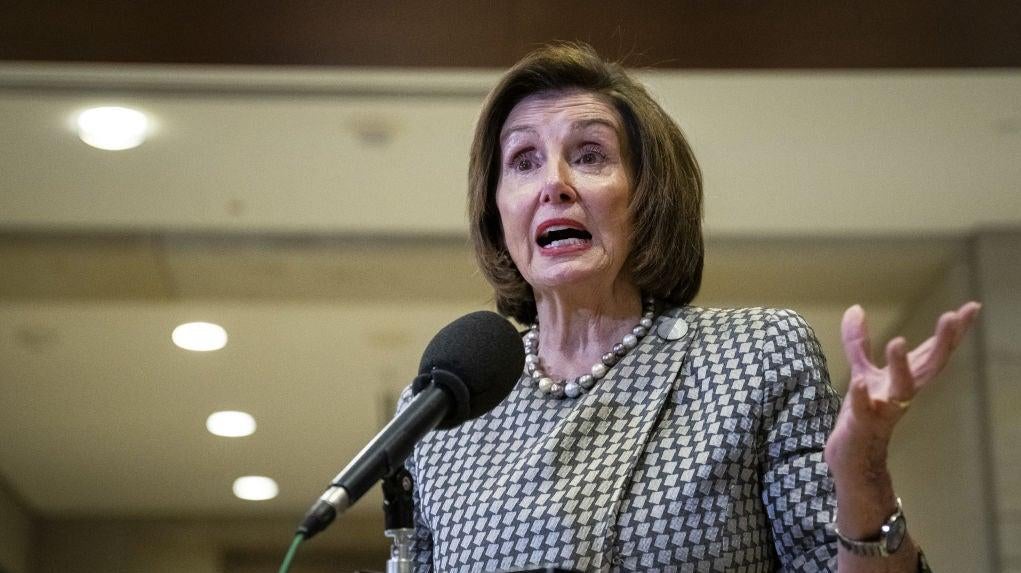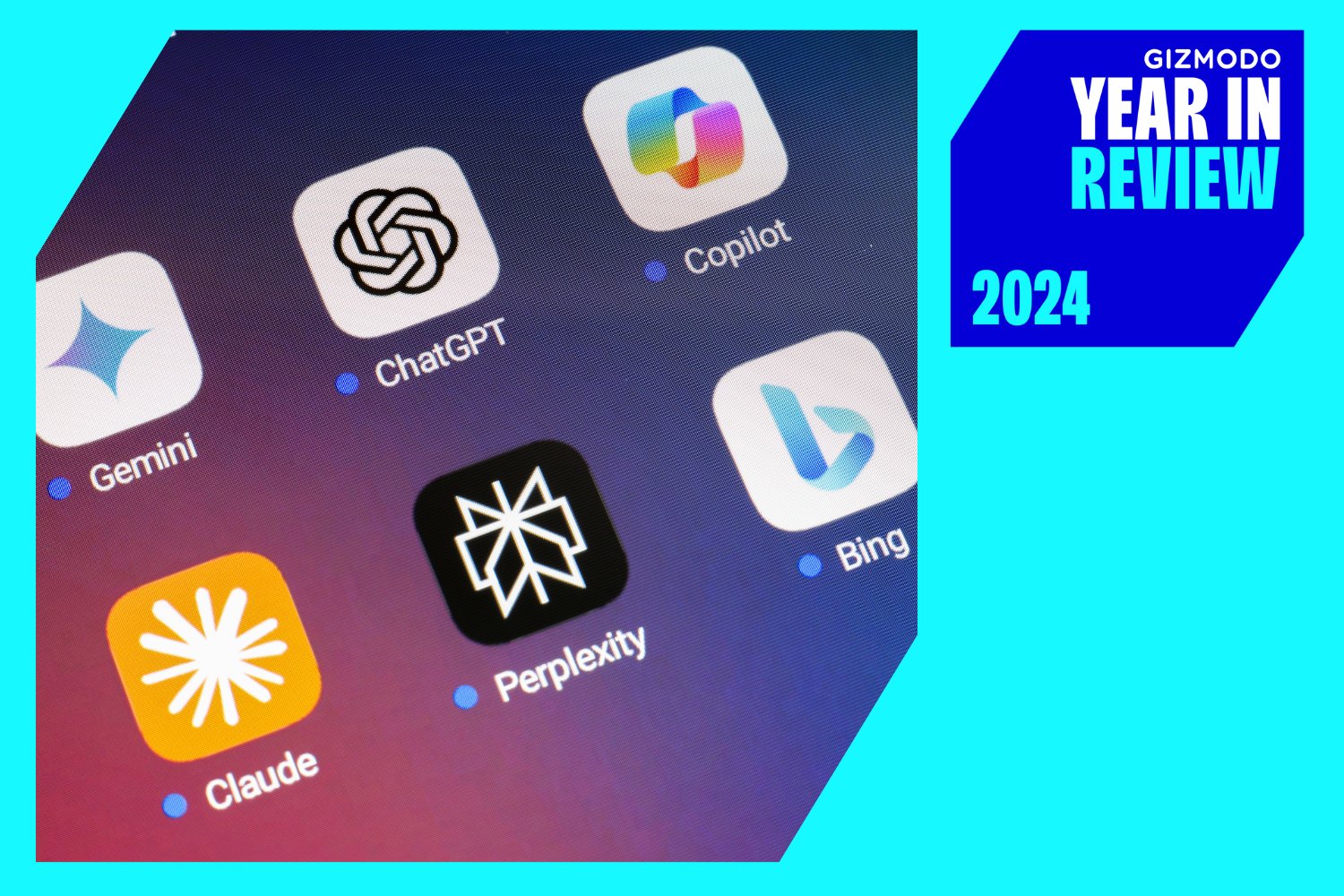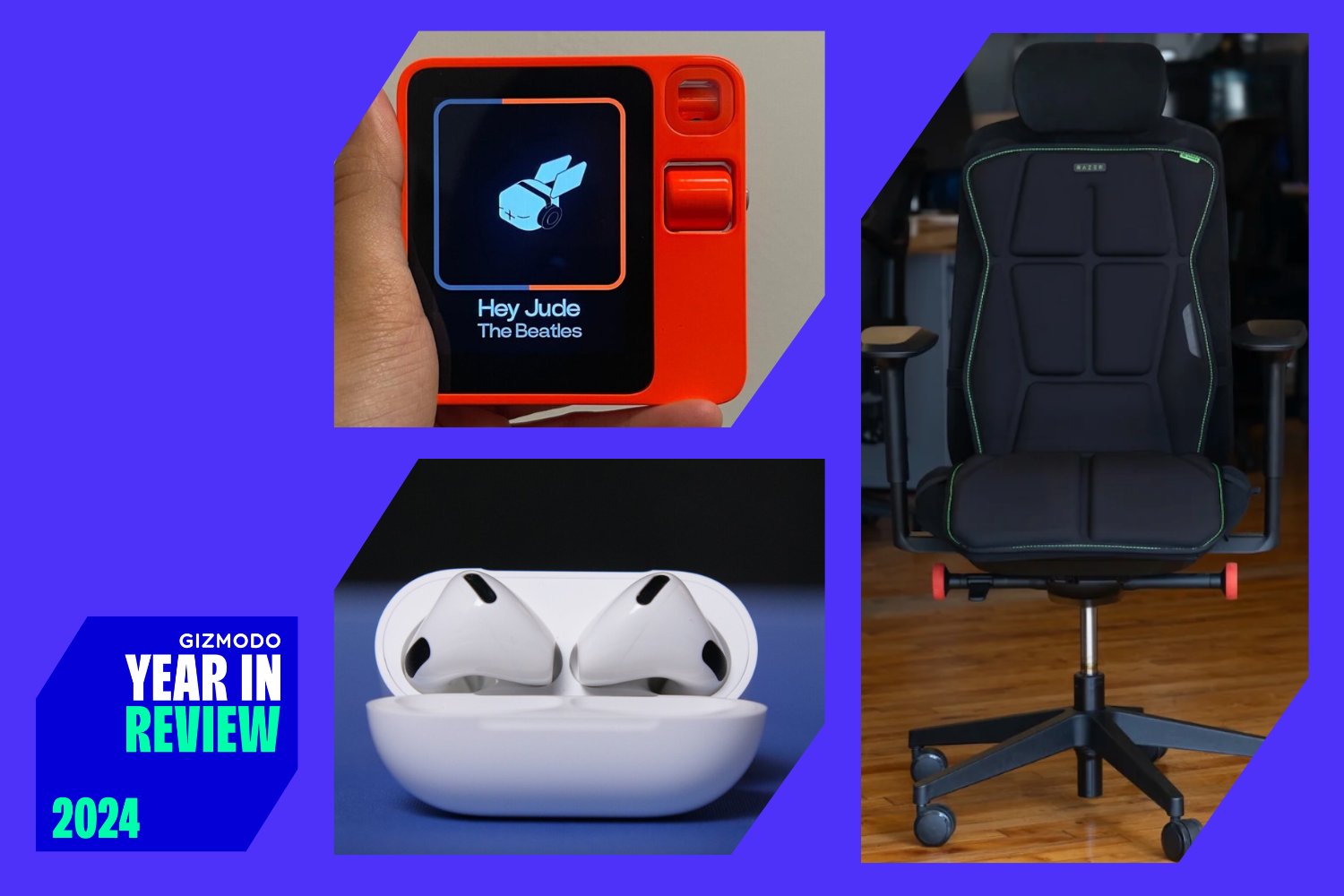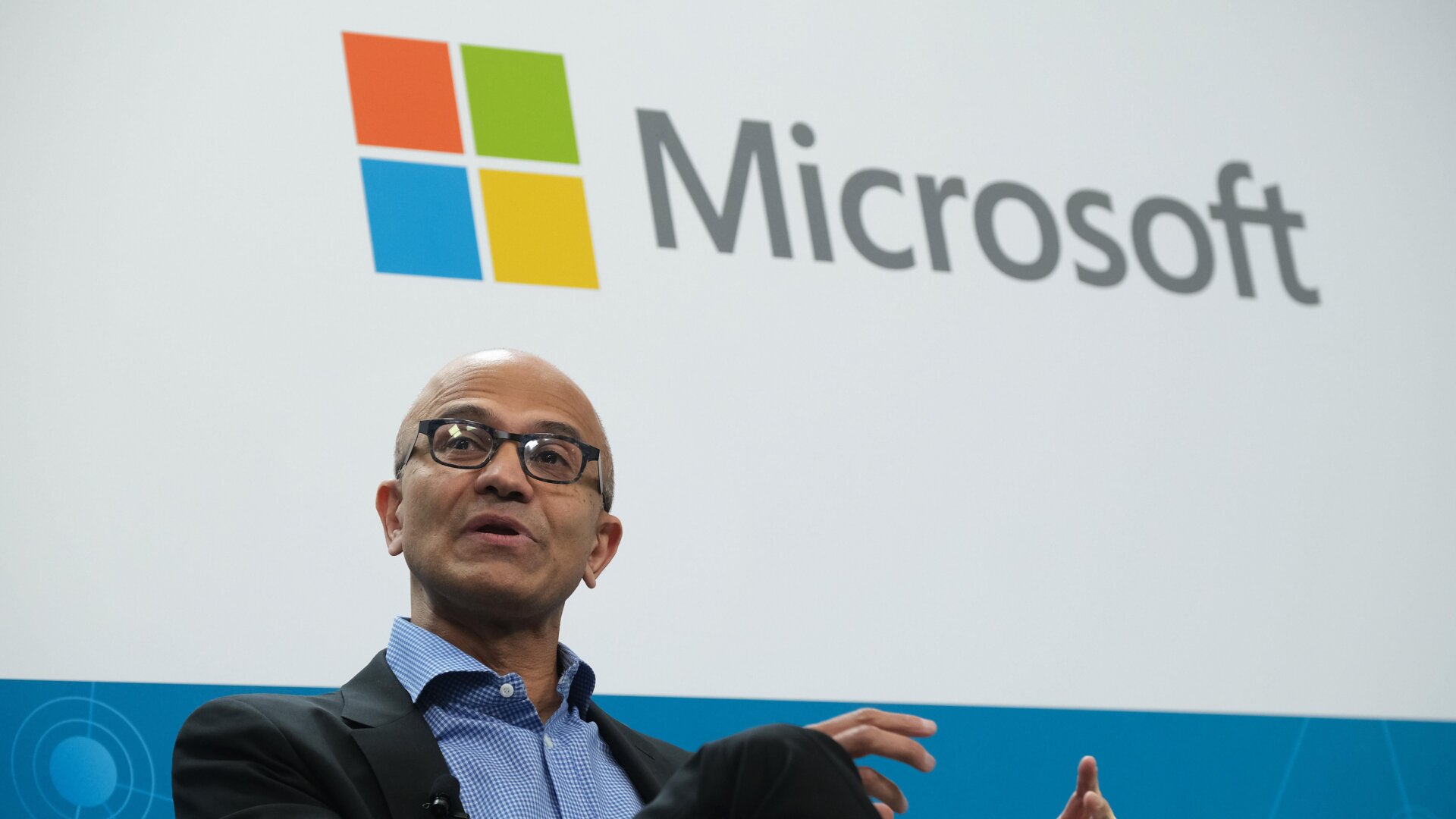Financial disclosures show that members of Congress who voted for the so-called “TikTok ban” last week may own between $29 million and $126 million worth of stock in competing tech companies, according to data from Quiver Quantitative, a company that tracks congressional investments. Among the 352 members of the House of Representatives who voted “yes” on the bill, 44 reported they own shares of companies including Amazon, Google, Meta, Microsoft, and Snap—all corporations that could stand to benefit if TikTok is forced into a sale or a full-on ban.
Because Congress scuttled an effort to make their financial disclosures easily searchable, the details on these investments are hard to come by. Quiver Quantitative can only parse online filings. Some members file their financial disclosures by hand, and that information isn’t present in the data set. There are several other caveats to consider as well. Members of Congress have to report stock transactions within 45 days and disclose their overall stock holdings annually. Because there’s a grace period in both cases, the most recent information dates back to earlier this year, before the TikTok vote. Officials also don’t have to report the exact value of these investments, but instead have to disclose a range ($15,001 to $50,000 of Microsoft stock, for example). The value of the stocks has also changed since reports were filed.
Still, the data gives a useful indication of Congress’s finances. “Even if members of Congress are able to make completely unbiased decisions without any consideration of their personal stake, I think that even just the possibility of conflict of interest is harmful enough,” said Christopher Kardatzke, co-founder of Quiver Quantitative.
The list of representatives with tech investments who voted for the bill covers 21 Democrats and 23 Republicans, including some big names such as Speaker Nancy Pelosi (D., CA.) and Rep. Dan Crenshaw (R., TX.).
Pelosi tops the list with disclosures of $15 million to $76 million of worth tech investments. Other top congressional tech investors include Rep. Josh Gottheimer (D., N.J.), who reported holding $6 million to $31 million of tech stocks, and Rep. Daniel Goldman (D., N.Y.), with $2 million to $8 million. The top Republican investors include Rep. Kevin Hern (R., OK.), who disclosed over $500,000 to $1 million of tech stock, and Rep. David Kustoff (R. TN.), with about $300,00 to $800,000 worth of reported shares.
“Your insinuation is completely ridiculous and lacks basic research. In October of 2022, Rep. Crenshaw bought 20 shares of Google for a whopping $2,082, he bought 10 shares of META for a whopping $1,349 and he bought 15 shares of Amazon for a whopping $1,807,” said Corry Schiermeyer, spokesperson for Rep. Crenshaw. “He has not traded any of these stocks since that time. The insinuation that he is insider trading is borderline libelous as you are accusing him of a crime without any facts to back it up.” It’s worth noting that Crenshaw’s self-reported stock holdings are relatively minimal compared to some of his colleagues.
The other congress members mentioned in this story did not immediately respond to requests for comment.
The fact that members of Congress own tech stocks isn’t proof of corruption or bias. According to Debra Perlin, Policy Director at the advocacy group Citizens for Responsibility and Ethics in Washington, the problem is the mere fact that Americans even have to ask questions about whether or not politicians’ financial interests factor into their decisions in the first place.
“Today’s news that members of Congress who voted to ban TikTok own millions of dollars in stock in companies that would benefit financially if TikTok were forced to sell or leave the country builds on a pattern of conduct across industries—including in the pharmaceutical industry, airline industry, and defense industry,” Perlin said. “Constituents are left to wonder if their elected representatives are voting in the best interests of their constituents or in the best interests of their financial bottom line.”
Since 2020, politicians on both sides of the aisle have banged the drum against TikTok, accusing the company of siphoning user data to the Chinese Communist Party. The government has also accused TikTok of manipulating its algorithm in order to advance China’s geopolitical agenda.
A TikTok spokesperson declined to comment for this article.
“The reality is, that TikTok’s parent company ByteDance has direct ties to and is controlled by the Chinese Communist Party which harvests data from the American people and can use it against us,” Schiermeyer said. “It is a national security threat for TikTok to be Chinese owned and operated full stop.”
Like most large Chinese companies, TikTok’s parent company ByteDance has ties to the Chinese Communist Party. However, there has never been any concrete evidence presented to the public that TikTok has shared data with the Chinese government, nor has it been demonstrated that China has interfered with content on the American version of the TikTok app.
Some elected officials, such as Senator Rand Paul, (R., K.Y.) have said that’s because these concerns are hypothetical, and that evidence doesn’t exist. Reporting has also demonstrated that American apps such as Facebook, Instagram, Snapchat, X/Twitter, and YouTube have all partnered with Chinese advertising technology companies, meaning they’ve sent American user data to servers in China. That means American apps expose sensitive information to similar risks.
It would be a massive boon to Meta and Snap if the government successfully kneecaps TikTok, but experts and analysts agree that other major players in the tech industry may benefit as well.
TikTok doesn’t just make money on advertising. It also has a growing e-commerce business that sells directly to consumers, and it’s a prime venue for consumers to discover products in the first place
“Meta and Snap would be obvious beneficiaries, and people are discovering products to buy on TikTok all the time. If that stops, the odds they might find products on Amazon instead go up,” said Brad Ericson, a stock analyst at RBC Capital. “The volume TikTok is producing may not have a significant impact on Amazon’s business, but it helps directionally. YouTube would absolutely benefit as well.”
TikTok is the only real threat to Google’s YouTube, and recent reports suggest that a growing contingent of young people use TikTok as a search engine rather than Google. Amazon, TikTok, and Google are all competitors in the digital advertising market as well, particularly when it comes to retail advertising, though Google is a clear leader. In general, Microsoft and TikTok aren’t direct competitors. However, Microsoft was a top contender to buy TikTok when former President Trump attempted to force a sale of the app back in 2020. If the app went back on sale, Microsoft could be a suitor.
Amazon, Google, Meta, Microsoft, and Snap did not immediately respond to requests for comment.
The bill doesn’t directly call for a ban on TikTok. Instead, it would force TikTok’s Chinese Parent company ByteDance to sell the app. There are countless companies and investors who would jump at the chance to buy TikTok. However, TikTok maintains that the bill is just a thinly veiled ban. It would only allow six months for a sale, which is a short period of time for such a massive, complex business deal.
However, there’s no guarantee the bill will pass. The House of Representativesmobilized swiftly to get its TikTok legislation out the door, introducing and passing the legislation in just 8 days with an overwhelming majority. But there’s far more opposition to interfering with TikTok’s business in the Senate, and Democratic Majority Leader Chuck Schumer indicated he’s unsure whether he’ll even bring the bill up for a vote. However, several prominent Senators are calling for the government to declassify information shared at a recent intelligence briefing about the influence and reach of TikTok.














